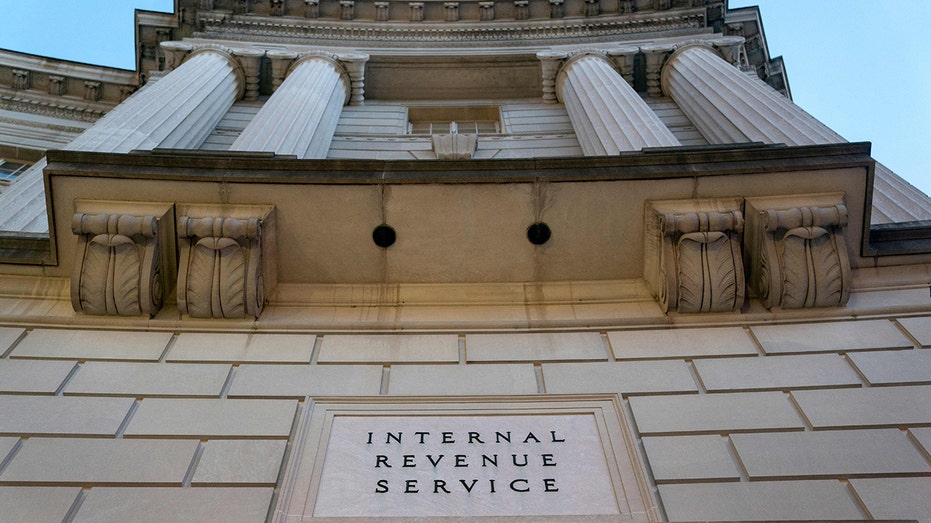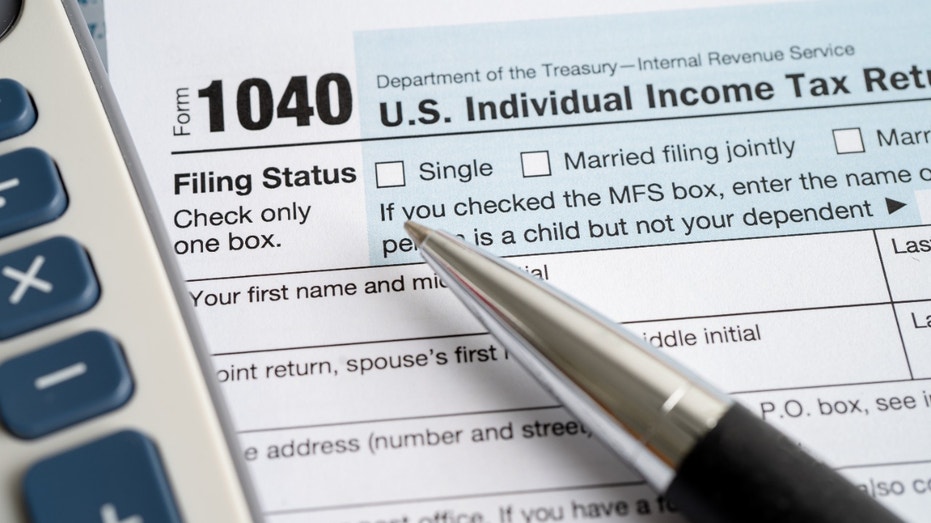Made money on Venmo or PayPal last year? What you need to know about your taxes
Controversial tax reporting rule on 3rd-party payments over $600 set to go into effect in 2024
Americans who earned money online last year have temporarily escaped a brutal tax shock this year.
The Internal Revenue Service (IRS) said in November that it was again delaying a controversial tax reporting requirement targeting Americans who made more than $600 online through third-party payment apps like Venmo, PayPal or Cash App.
The rule change – approved by Democrats in March 2021 with the passage of the American Rescue Plan – would have required payment platforms, including Venmo, PayPal, Etsy and Airbnb, to send Form 1099-K to the IRS and users if their transactions totaled more than $600 over the course of the year.
Instead, the IRS will treat 2023 as "an additional transition year," meaning that payment apps will not be required to send users Form 1099-K unless their gross income exceeded $20,000 or they had 200 separate transactions within a calendar year. Beginning in 2024, that basic reporting threshold will be increased to $5,000.
TAX SEASON HAS OFFICIALLY STARTED: HERE'S EVERYTHING YOU NEED TO KNOW

View of the Internal Revenue Service building in Washington, D.C., on Jan. 24, 2023. (STEFANI REYNOLDS/AFP via Getty Images / Getty Images)
Business owners are already required to report that income to the IRS. The new rule simply means the IRS will figure out what business owners earned on the cash apps, regardless of what that individual actually reports on their 1099-K, because it broadens the scope of the threshold.
"As soon as they came out with the $600 threshold, people were like ‘Woah, that’s a big change,'" Eric Bronnenkant, head of tax at online financial adviser Betterment, told FOX Business. "There are a lot of people who receive payments via some sort of platform like that, whether it's eBay or Venmo, that you know would potentially trigger that reporting."
The rule only applies to payments received for goods and services transactions, meaning that using Venmo or PayPal to send a loved one a gift, pay a roommate rent or reimburse a friend for dinner will be excluded. Also excluded is anyone who receives money from selling a personal item at a loss. For example, if buying a couch for $300 and selling it for $250, the amount is not taxable.
NEW IRS TAX BRACKETS TAKE EFFECT IN 2024, MEANING YOUR PAYCHECK COULD BE BIGGER NEXT YEAR
"This doesn't include things like paying your family or friends back using PayPal or Venmo for dinner, gifts, shared trips," PayPal previously said.

A blank 1040 tax return form from the IRS. (iStock / iStock)
The change was intended to crack down on Americans evading taxes by not reporting the full extent of their gross income. However, critics say it amounts to government overreach at its worst and that it could ultimately hurt small businesses.
GET FOX BUSINESS ON THE GO BY CLICKING HERE
Form 1099-K is used to report goods and services payments received by a business or individual in the calendar year, but there are certain exclusions from gross income that are not subject to income tax, including amounts from selling personal items at a loss, amounts sent as reimbursements and amounts sent as gifts.
Once implemented, the lower reporting threshold threatens to sweep up millions of Americans who make money online. Roughly one in four Americans rakes in extra income on the side by selling something online, renting their home or using a digital platform to do work, according to the Pew Research Center.





















